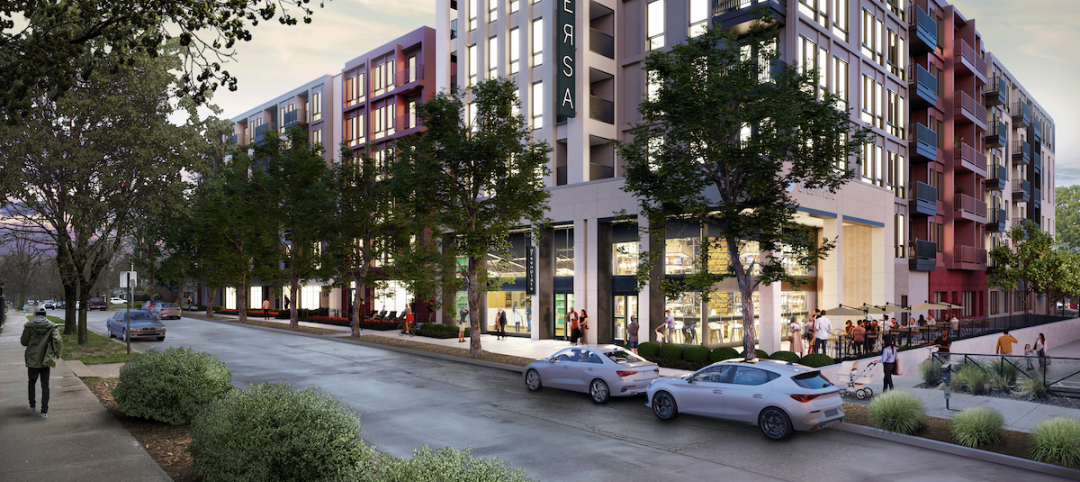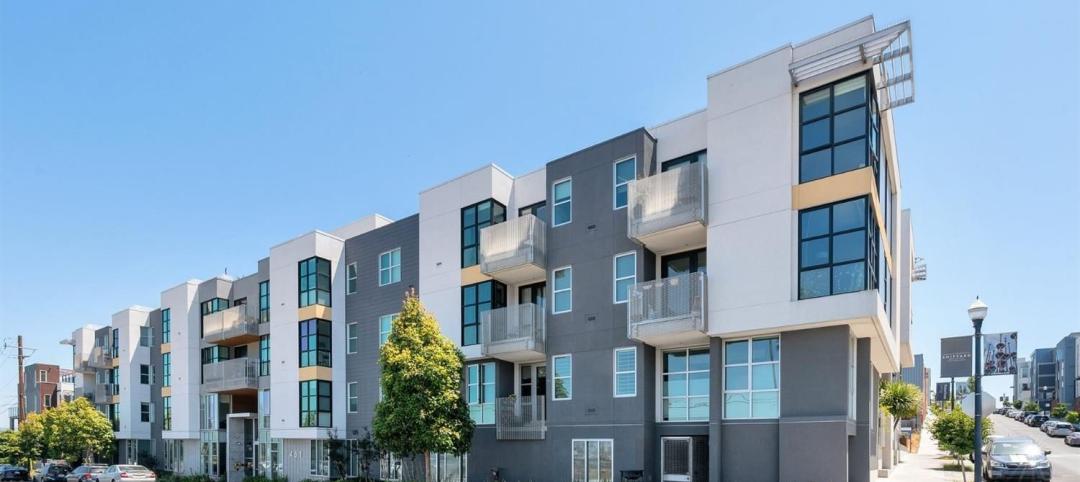Cities like New York and San Francisco give massive contributions to the nation’s overall economy, with 380 U.S. metro areas generating 90% of the total GDP in 2012.
But a new study found that these cities can actually be making much more—a hefty $1.6 trillion more, to be exact. So why isn’t this money being generated? The answer is the lack of affordable housing inventory in urban areas.
Economists Chang-Tai Hsieh from the University of Chicago and Enrico Moretti of the University of California at Berkeley have placed a price tag on restrictive urban land use policies, The Atlantic’s CityLab reports.
According to CityLab, Hsieh and Moretti’s research is the first of its kind to develop a “defensible estimate” of the costs constrained development, such as antiquated zoning and building codes, have on the U.S. economy.
The $1.6 trillion figure was extrapolated from an analysis on the economic contribution of 220 metros to the overall U.S. economic growth over more than five decades, supplemented with data on the characteristics of workers from the American Community Survey and the Current Population Survey.
What they found was that “too much of America’s urban economic power is simply being wasted on higher housing bills.”
Related Stories
Student Housing | Jun 5, 2023
The power of student engagement: How on-campus student housing can increase enrollment
Studies have confirmed that students are more likely to graduate when they live on campus, particularly when the on-campus experience encourages student learning and engagement, writes Design Collaborative's Nathan Woods, AIA.
Multifamily Housing | Jun 1, 2023
Income-based electric bills spark debate on whether they would harm or hurt EV and heat pump adoption
Starting in 2024, the electric bills of most Californians could be based not only on how much power they use, but also on how much money they make. Those who have higher incomes would pay more; those with lower incomes would see their electric bills decline - a concept known as income-based electric bills.
Multifamily Housing | May 30, 2023
Boston’s new stretch code requires new multifamily structures to meet Passive House building requirements
Phius certifications are expected to become more common as states and cities boost green building standards. The City of Boston recently adopted Massachusetts’s so-called opt-in building code, a set of sustainability standards that goes beyond the standard state code.
Multifamily Housing | May 30, 2023
Milhaus, Gershman Partners, and Citimark close on $70 million multifamily development in Indy
Versa will bring 233 studio and one- and two-bedroom apartments to Indianapolis's $271 million, Class-A Broad Ripple Village development enterprise.
Multifamily Housing | May 23, 2023
One out of three office buildings in largest U.S. cities are suitable for residential conversion
Roughly one in three office buildings in the largest U.S. cities are well suited to be converted to multifamily residential properties, according to a study by global real estate firm Avison Young. Some 6,206 buildings across 10 U.S. cities present viable opportunities for conversion to residential use.
Multifamily Housing | May 19, 2023
Biden administration beefs up energy efficiency standards on new federally funded housing
The Biden Administration recently moved to require more stringent energy efficiency standards on federally funded housing projects. Developers building homes with taxpayer funds will have to construct to the International Energy Conservation Code (IECC) 2021 for low-density housing and American Society of Heating, Refrigerating and Air-Conditioning Engineers ASHRAE 90.1 for multi-family projects.
Sponsored | Multifamily Housing | May 19, 2023
Shear Wall Selection for Wood-Framed Buildings
From wall bracing to FTAO, there are many ways to secure the walls of a building. Learn how to evaluate which method is best for a project.
Sponsored | Multifamily Housing | May 17, 2023
The Key To Multifamily Access Control — Consistent Resident Experiences
Explore the challenges of multifamily access control and discover the key to consistent user experiences with a resident-first approach and open platforms.
Affordable Housing | May 17, 2023
Affordable housing advocates push for community-owned homes over investment properties
Panelists participating in a recent webinar hosted by the Urban Institute discussed various actions that could help alleviate the nation’s affordable housing crisis. Among the possible remedies: inclusionary zoning policies, various reforms to increase local affordable housing stock, and fees on new development to offset the impact on public infrastructure.

















